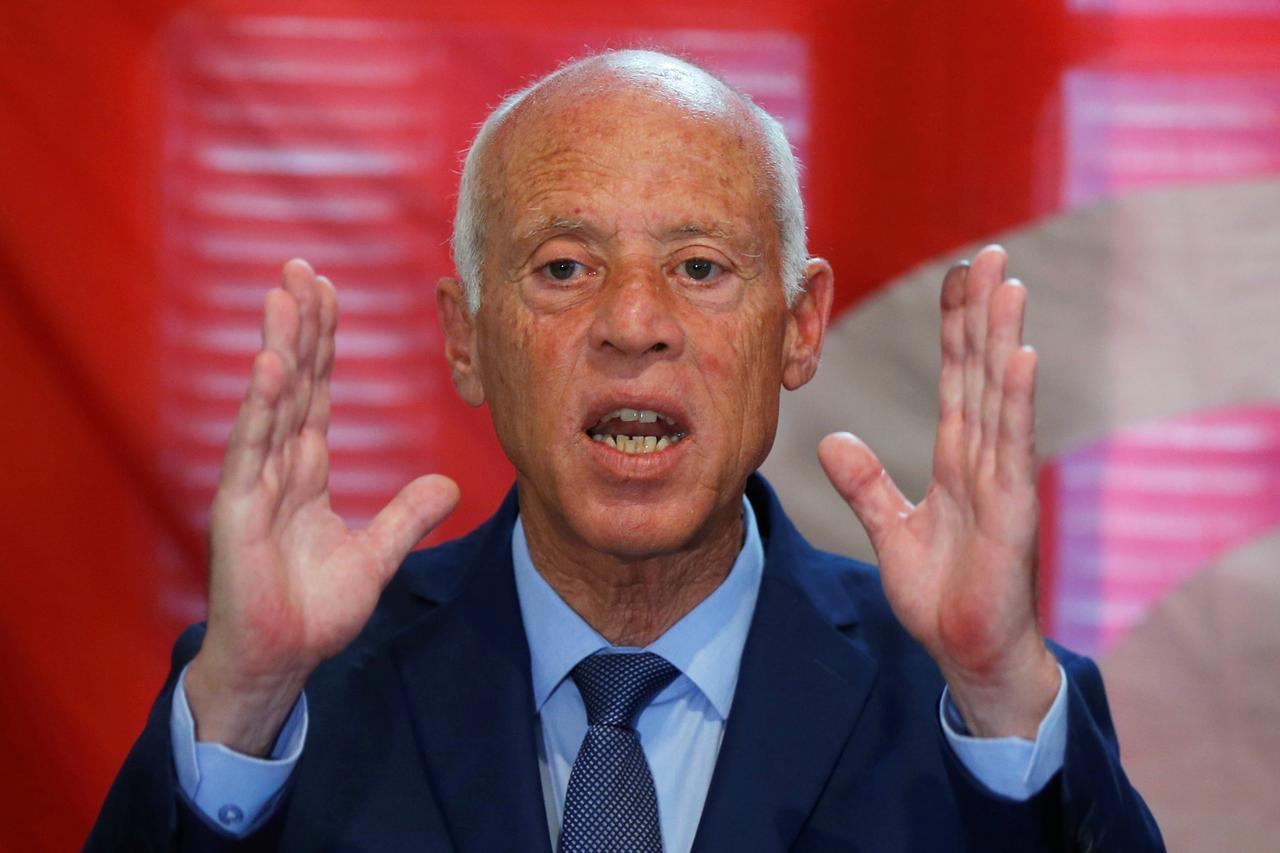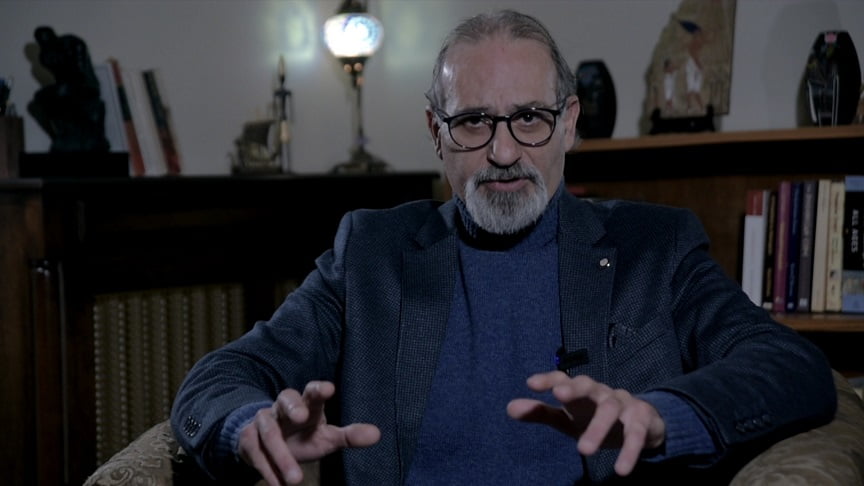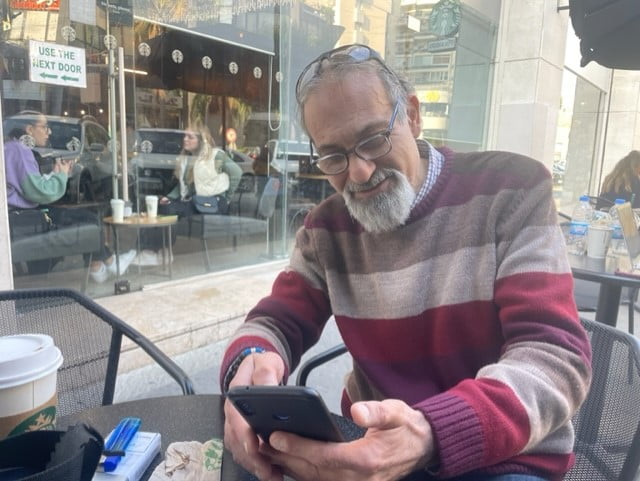
It has been more than two months since Tunisian President Kais Saied took over all executive powers in the country. Wednesday he surprised friend and foe by suddenly appointing Najla Bouden Romdhane as the first female prime minister in Tunisia and the Arab world. A smart cosmetic move: how much power will she really have?
By Arthur Blok
Tunisia was often hailed as the sole success of the 2011 Arab Spring that toppled several regimes in the region. But the Tunisian uprising has not led to stability economically or politically. A status quo that remained until Saied came to power in 2019. On July 25 Saied sacked the government, closed the parliament and seized wide-ranging executive powers.
“The constitution says that after the appointment of a new prime minister any new government needs to have the approval of the parliament. Up until now the doors of the parliament remain closed,” said independent Member of Parliament Yadh el Loumi who is one Saied’s most vocal opponents.
“Whatever happens in the coming weeks and months, this is a coup in its purest form. There is really no other way to interpret it. There are soldiers in front of the parliament building blocking all entrance. Need I say more?” he added.
In recent days hundreds of protesters have rallied in Tunisia’s capital to protest against Saied’s move to seize all governing powers and rule by degree. Last week he brushed aside much of the constitution, saying he could rule by decree and control the government himself as long as the country remained in a so-called ‘emergency period’ that has no defined endpoint.
Angry protestors gathered on Sunday in the centre of Tunis along Habib Bourguiba Avenue under a heavy police presence to demand his resignation, chanting, “The people want the fall of the coup.”
Domestic and international pressure
As a reaction to the mounting domestic and international pressure to restore the democracy Saied appointed the 63-year-old Romdhane, an unknown geologist with little government experience. A delicate move in country with public finances close to breaking point. Romdhane has no political experience whatsoever.
Despite remaining uncertainties, various local human rights groups welcomed the move of the Tunisian president. “We were pleasantly surprised by the appointment of a female academic from the emancipated school of Habib Bourguiba (1957-1987) who had made Tunisia a leading Arab country when it comes to the emancipation of women,” said Najet Zammouri vice president of the Tunisian Human Rights League and well-known international human rights advocate.
“It sends a strong signal to Western countries that supported the Islamists from Ennahda who were blocked from being politically active after Saeid’s move on July 25. It also throws a stone in the garden of the other Islamists, his main opponents,” she added.
Zammouri does realize that Saied’s moves are unconstitutional, but she wants to give him the benefit of the doubt. In her perspective most Tunisians welcome the decision because Saed has sent them back to an era to which they are very attached to: Bourguibism.
“To be honest, whatever his true intentions are, we welcome this step. It is important because it finally recognizes the skills of Tunisian women,” she concluded.
In the meantime it is expected that Romdhane is likely to have less direct power than previous post-revolution prime ministers. Especially after Saied emphasized last week that during the emergency period the government would be responsible to the president alone.
Article 80
Saied used article 80 of the Tunisian Constitution to sack the government of Hichem Mechichi, suspend the parliament and lift the immunity of its members. Ironically Mechichi was appointed in September last year after immense pressure from the president himself.
The article in the Constitution is a provision for times of “imminent danger”. It states that: “the President of the Republic, in a state of imminent danger threatening the integrity of the country and the country’s security and independence, is entitled to take the measures necessitated by this exceptional situation, after consulting the Prime Minister and the Speaker of the Cabinet.”
“It does not authorise the president to dissolve the Parliament, and stipulates that the measures imposed are aimed at restoring stability and that state institutions should function properly”, parliamentarian El Loumi emphasized.
In addition the Constitutional court must “declare its decision publicly within a maximum period of 15 days, and the implementation of these measures shall be terminated when the reasons for them cease to exist”.
Although the 2014 constitution provides for a Constitutional Court to resolve such situations, none has been established. Not even after various requests of the current parliament, and two - sacked -governments. Saied simply refused to approve one in the past two years.
El Loumi emphasized that the irony of the situation is that the president is trying to convince the people that he is using the constitution in a proper way. “This is clearly not the case.”
The MP does have a valid point. Up until this day not one MP nor former minister has been formally charged with corruption in court. In the meantime the president uses every public occasion to tap himself on the back for his fight against corruption. In addition he attacks the private sector almost every week in his speeches.
El Loumi continues: “Like a true communist he is forcing them via the Unions to lower prices of basic goods like bread, water, and vegetables. As a result of the interference, inflation is on the rise. Who will ever invest in this country in such a climate of oppression? As a country we are on the wrong path.”
In his addresses to the Tunisian people Saied keeps using the same rhetoric. He is doing what he is doing because "it is the will of the people". And because "he is elected by the people". A message that seems to arrive especially by young Tunisians and poor people.
“The latest poll that came in just a few days ago said that his measures have a 90 percent level of confidence. So most people seem to be happy with his rhetoric so far,” Ikbal el Loumi, CEO and founder of Elka Consulting one of Tunisia’s leading polling agencies.
"People are happy, because they were fed up with previous governments. The revolution did not bring what they expected it to bring, namely a better life," the pollster explained. He is also not so sure if the appointment of Romdhane will be received similarly: “Unfortunately we are still male dominated conservative country.”
In the meantime pressure on Saied, both internal and external, to restore democracy is mounting. Pressure that, at least for now, fell on deaf ears.
It is Kais Saied who knows what is good for Tunisia, and no one else but him.
Arthur Blok is the Executive editor-in-chief of The Levant News






